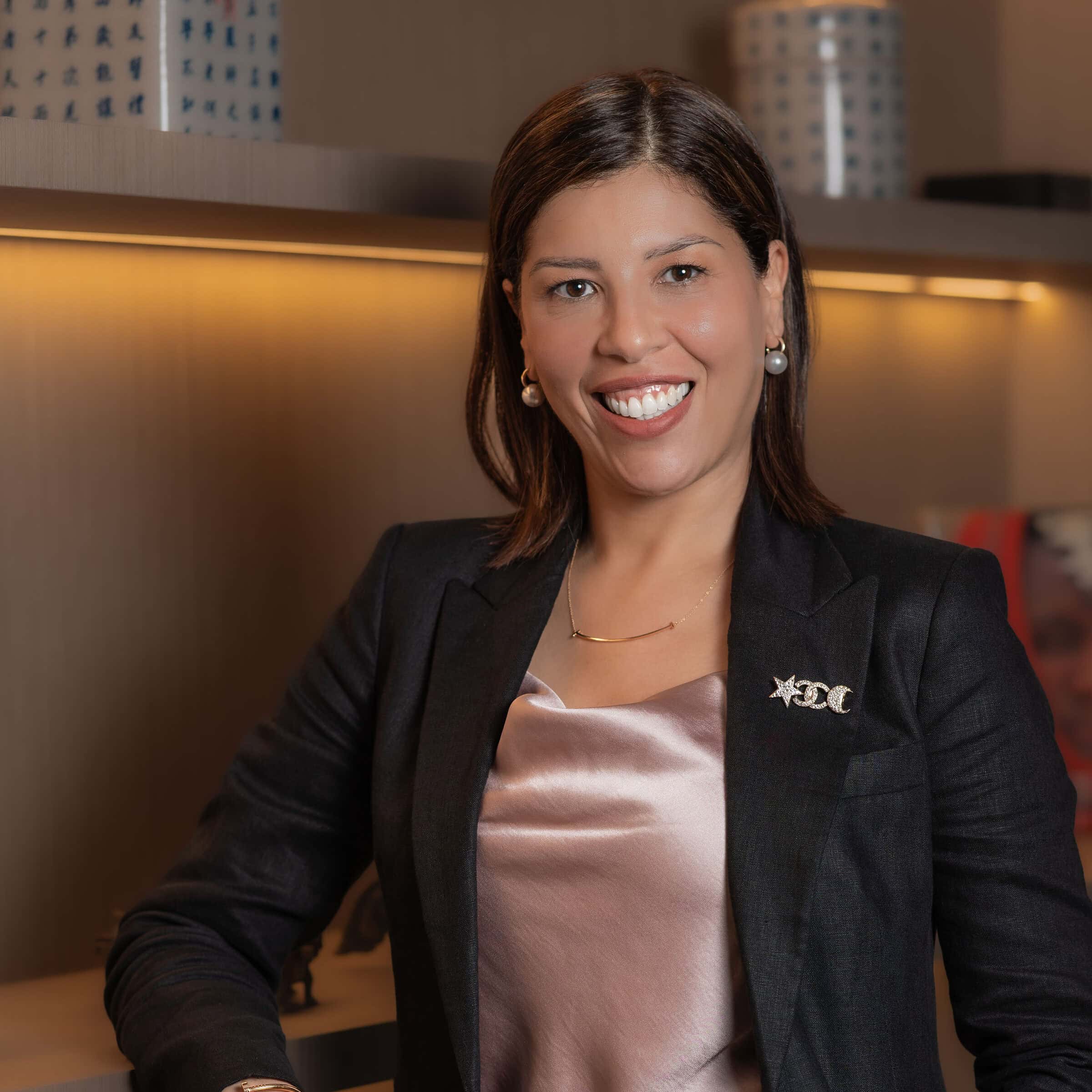Survey of 1,200 corporate leaders shows resilience, digitalization, and supply chain shifts driving trade strategy.
Standard Chartered’s “Future of Trade” report highlights the complex and uncertain future of global trade and supply chain resilience, according to a survey of 1,200 corporate leaders conducted from July to early August 2025. Key strategic drivers for the next three to five years include tariffs, emerging technologies, and global economic growth, which 53% of corporates rank as top factors.
Sofia Hammoucha, Global Head of Trade and Working Capital at Standard Chartered, points out that tariff concerns, although still present, have diminished since April’s pulse survey. This change is linked to post-announcement trade deals and increasing interest in emerging technologies like AI, which have expanded corporate focus beyond immediate tariff worries.

Notwithstanding that, Hammoucha states, “the tariff situation remains uncertain as negotiations are ongoing with major economies such as China and India, with varying levies anticipated to be implemented across sectors ahead. Based on our conversations with our clients, tariffs and other issues are expected to have similar importance in the short term.”
To navigate these challenges and opportunities, corporates are adopting a multi-pronged strategy. Approximately 57% intend to adjust treasury management, increase digitalization, and geographically realign their supply chains.
“We’re likely to see more synergy among these strategies going forward, with the rise of digital supply chain financing (SCF) platforms,” she explains. “These platforms will give corporates better visibility when managing their treasury in view of a more volatile FX market this year, as well as connecting with suppliers in other markets— helping them to take the first step to realign their supply chains geographically.”
The bank’s research indicates that nearly 40% of corporates are currently using SCF platforms, and an additional 55% are expected to adopt this within the next two years, enabling them to enhance resilience in this dynamic environment. The highlighted text is already well-written and informative. It effectively conveys the key message about corporates prioritizing resilience amidst trade and supply chain challenges.
Ultimately, these proactive and technologically driven strategies are proving essential for corporates to not only navigate but thrive in the increasingly complex global trade landscape.




